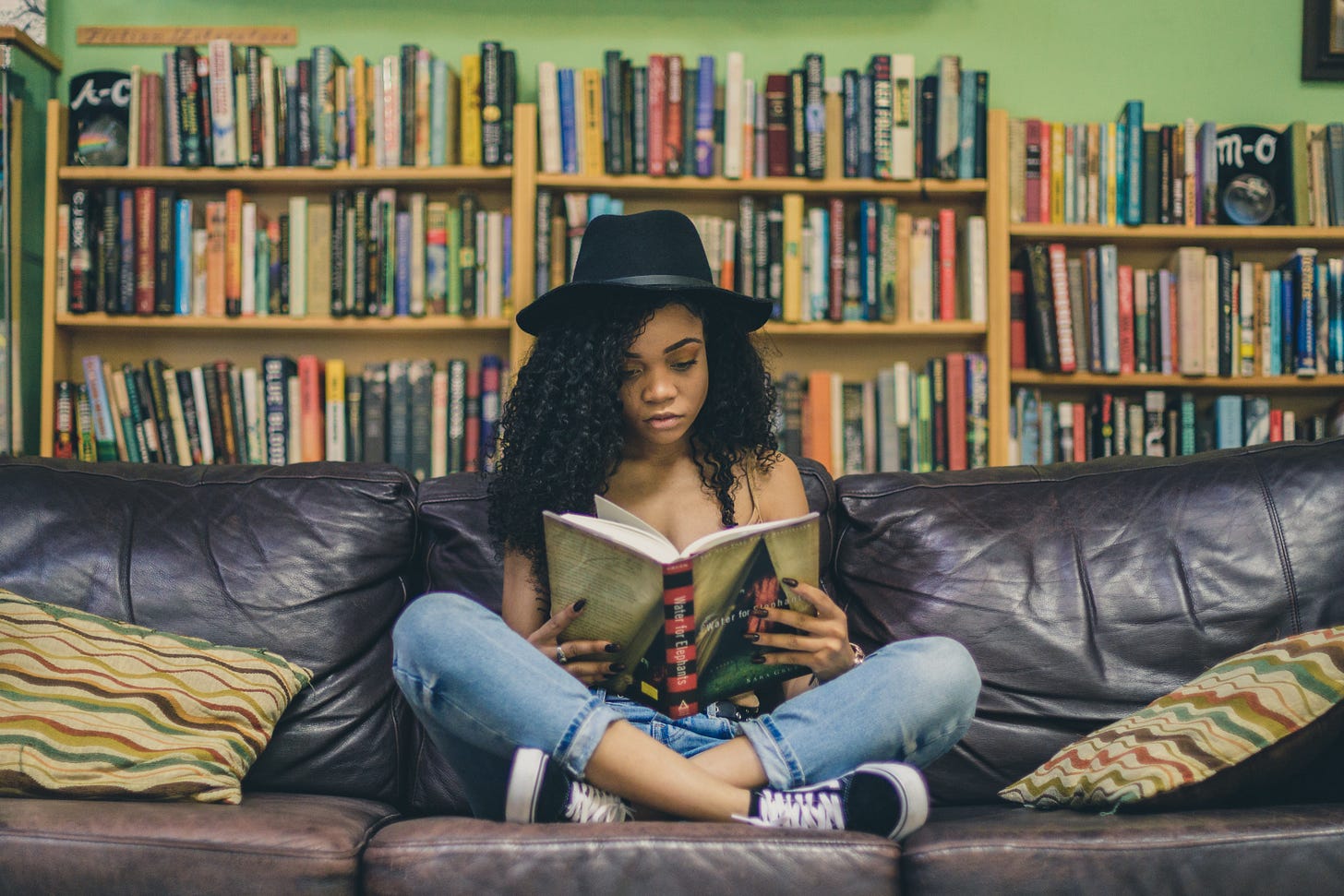Thank you for reading Matriarchy Report. To support our work become a paid subscriber, starting at $5, using the link below.

Claire Woodcock, a Boulder-based journalist and graduate student, was up late one night when she discovered something online that shocked …
Keep reading with a 7-day free trial
Subscribe to Matriarchy Report to keep reading this post and get 7 days of free access to the full post archives.



